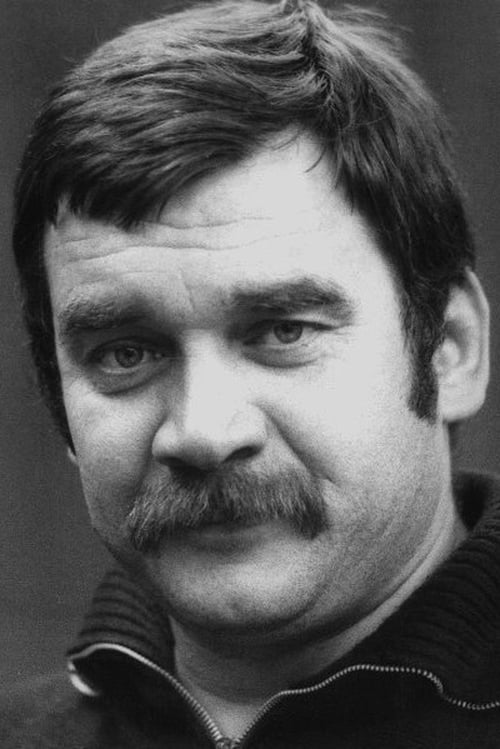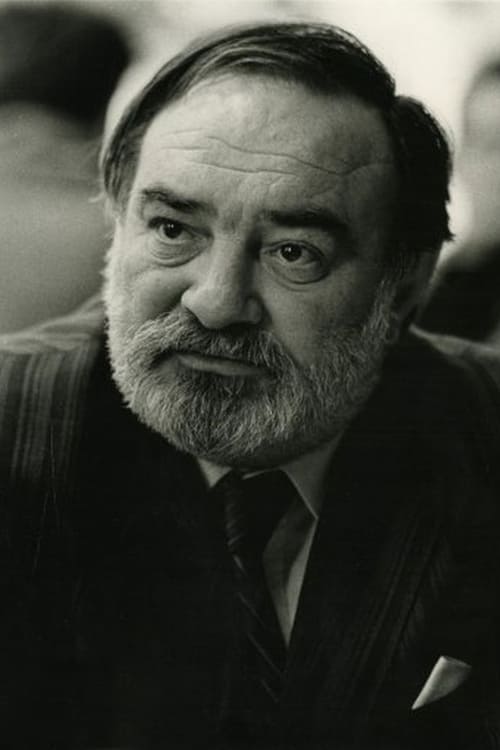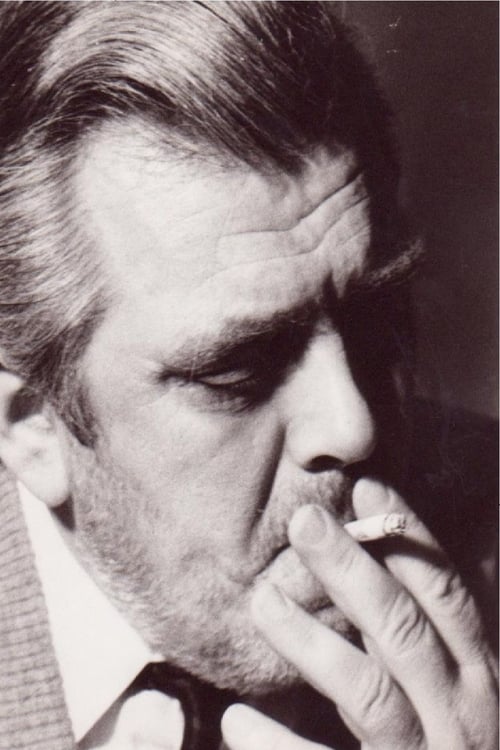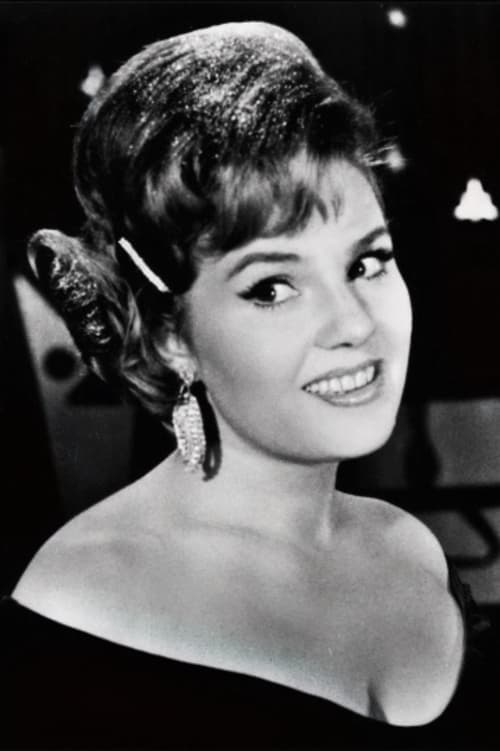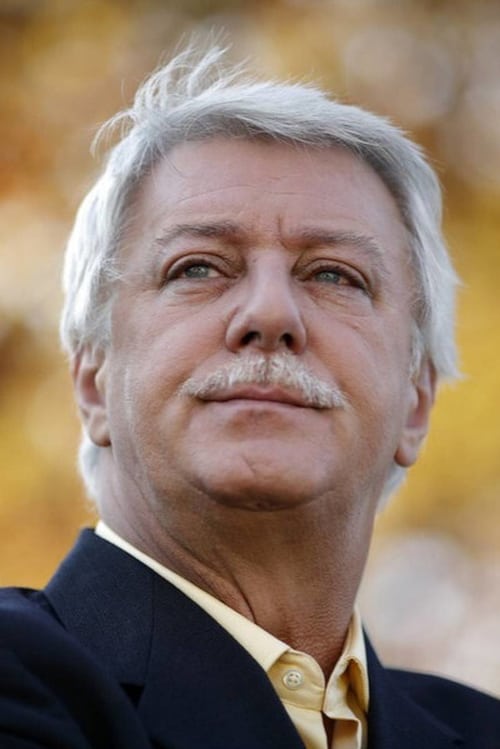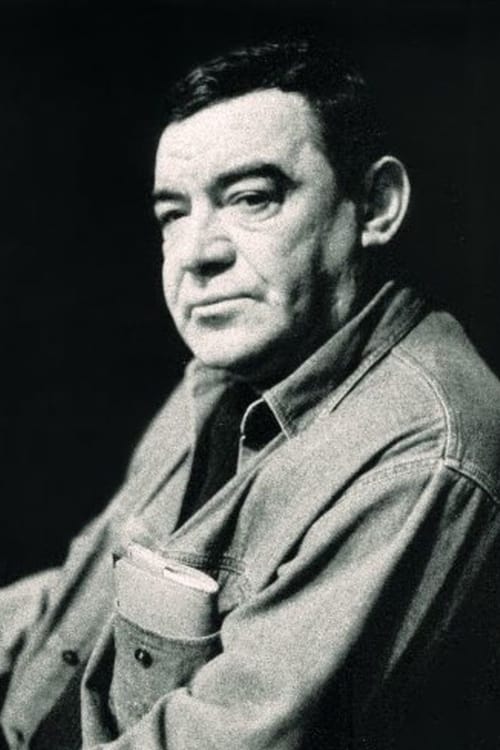Daredevil Times (1977)
ジャンル : ファミリー, ドラマ
上映時間 : 1時間 20分
演出 : Vladimir Tadej
シノプシス
Sfaira (1971-1984) dedicated to Pythagoras and Plato is a homage to two of his favourite spheroids: the Earth and the Sun.
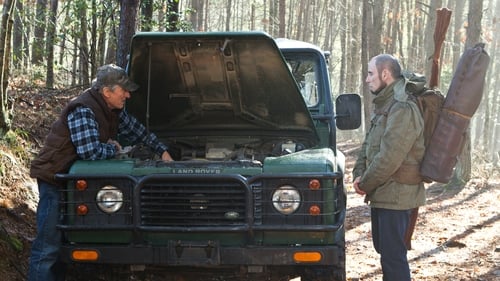
アメリカ北東部からカナダへと大自然が広がる、アパラチア山脈。そこに山小屋を構え、一人暮らしをしている元アメリカ軍人のベンジャミン。そんな彼の前にセルビア人の元兵士コヴァチが現れ、一緒に狩りを楽しむことに。しかし、山へと足を踏み入れるや、コヴァチはベンジャミンに向けて矢を放つ。混乱しながらも、軍隊と山での生活で得た経験と技術を生かして応戦するベンジャミンだが、この人間狩りにはボスニア紛争で起きたある事件が深く関わっていた。
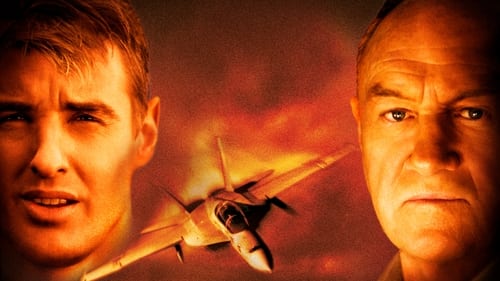
舞台は、1992年に起きた旧ユーゴスラビアの民族紛争が一応解決し、和平が結ばれているボスニア。米海軍大尉クリス・バーネットは、平和を維持するための軍務に意味を見出せず、レイガート司令官と衝突する。そして、本来は休暇であるクリスマスに、レイガート司令官はボスニア上空からの撮影任務を命じる。相棒のスタックハウスと共に空母カール・ビンソンから発艦したF/A-18Fは、ボスニア上空を飛行中、飛行ルートを外れた地帯にレーダー反応を探知。そちらへ向かうと地上に兵器が映り、カメラでの録画に成功する。しかし突然、地対空ミサイル(SAM)による攻撃をうけて撃ち落とされる。
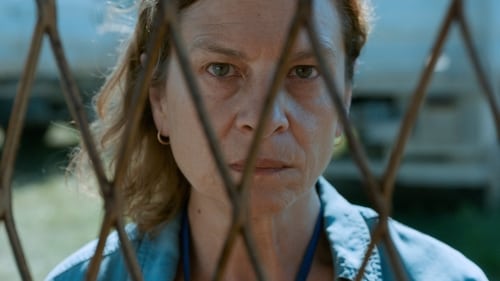
ボスニア紛争末期の1995年7月11日、ボスニア東部の町スレブレニツァがセルビア人勢力の侵攻によって陥落。避難場所を求める2万人の市民が、町の外れにある国連施設に殺到した。国連保護軍の通訳として働くアイダは、夫と二人の息子を強引に施設内に招き入れるが、町を支配したムラディッチ将軍率いるセルビア人勢力は、国連軍との合意を一方的に破り、避難民の“移送”とおぞましい処刑を開始する。愛する家族と同胞たちの命を守るため、アイダはあらゆる手を尽くそうと施設の内外を奔走するが――。
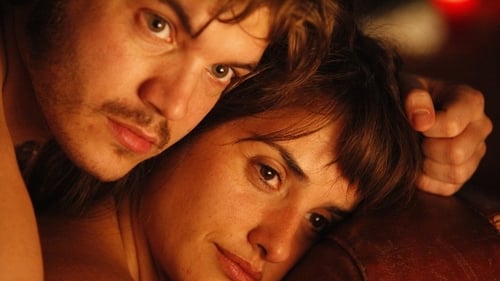
Full-throttle melodrama about an ill-starred romance set against the backdrop of the siege of Sarajevo. A mother brings her teenage son to Sarajevo, where his father died in the Bosnian conflict years ago.
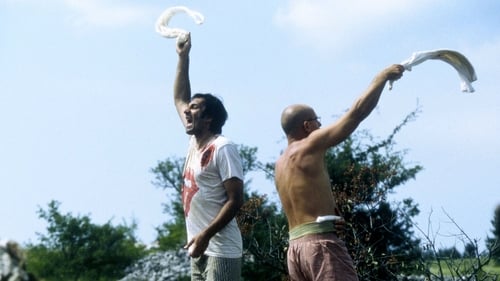
1993年6月。ボスニア紛争の最前線。霧で道に迷ったボスニア軍の兵士たちは、いつの間にか敵陣に入り込み、気づいたときにはセルビア軍の攻撃が始まっていた。唯一の生存者チキは、なんとか塹壕にたどり着き身を隠す。そこは、ボスニアとセルビアの中間地帯“ノー・マンズ・ランド”。偵察に来たセルビア新兵ニノと老兵士はボスニア兵の死体の下に地雷を仕掛けて引き上げようとする。その瞬間、隠れていたチキが二人を撃ち、老兵士は死に、ニノは怪我を負う。チキとニノの睨み合いが続く中、死んだと思われていたボスニア兵が意識を取り戻し……。
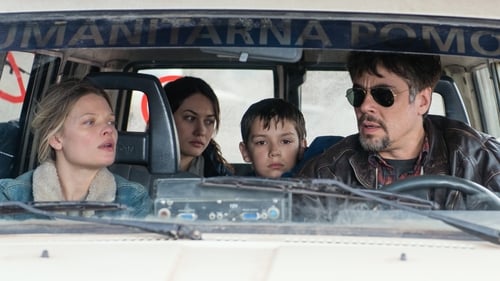
パウラ・ファリアスの原作を豪華キャストで映像化した感動のヒューマン・ドラマ。井戸に死体が投げ込まれ、生活用水が汚染された村。国際援助活動家たちはロープを手に入れ、死体を引き上げようとするが……。
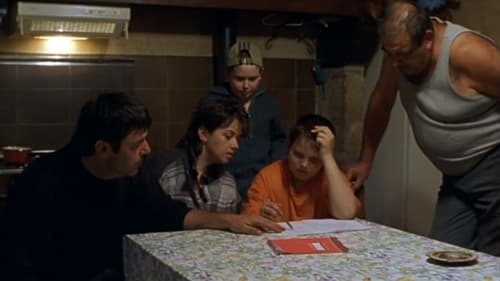
The documentary's title translates as "to be and to have", the two auxiliary verbs in the French language. It is about a primary school in the commune of Saint-Étienne-sur-Usson, Puy-de-Dôme, France, the population of which is just over 200. The school has one small class of mixed ages (from four to twelve years), with a dedicated teacher, Georges Lopez, who shows patience and respect for the children as we follow their story through a single school year.

A woman and her daughter struggle to make their way through the aftermath of the Balkan war.
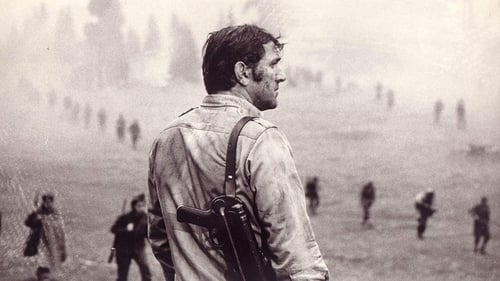
The headquarters of the Marshal Tito's Liberation Army are surrounded by Axis forces. The Partisans have no choice but to fight their way out of the encirclement and face the enemy on the plains of Sutjeska.
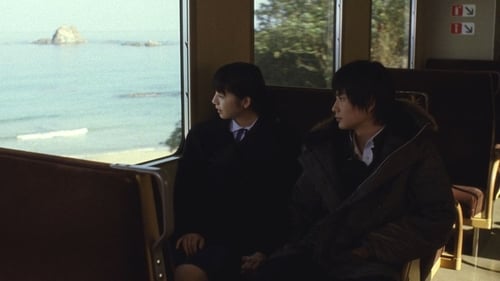
豊かな自然に恵まれた田舎町。右田そよは、小中学生合わせても全校生徒がわずか6人しかいない分校に通う中学2年生。そんなある日、その学校に東京からひとりの男子生徒・大沢広海が転校してくる。そよにとっては初めての同級生で、しかも都会的な匂いを自然にまとったイケメンの彼の様子に、彼女の心は思わずときめく。当初はクールでちょっととっつきにくい彼に戸惑いを覚えるそよだったが、やがて2人は恋人同士となる。
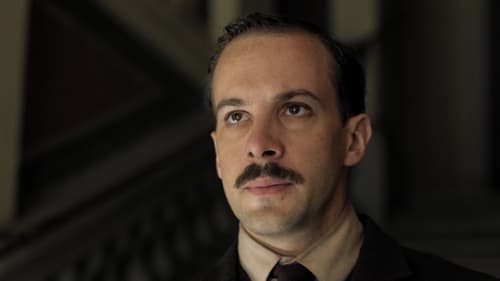
オーストリア=ハンガリー帝国の皇帝・国王の継承者が暗殺されたサラエボ事件。世紀の大事件の調査を任された尋問判事は、自身も誰かに狙われていることに気づく。
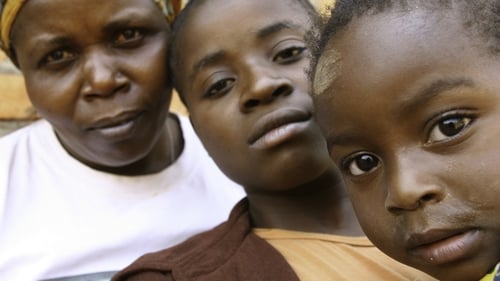
Sexual violence against women is a very effective weapon in modern warfare: instills fear and spreads the seed of the victorious side, an outrageous method that is useful to exterminate the defeated side by other means. This use of women, both their bodies and their minds, as a battleground, was crucial for international criminal tribunals to begin to judge rape as a crime against humanity.

A detachment of the Polish IFOR forces in Bosnia is led by Major Keller, who is being investigated for insubordination during a patrol in Srebrenica. The investigation is to be led by two arriving officers - Lieutenant Czacki and Major Kusz who will also replace Keller as CO. When the camp's RTO receives a communication from a downed Norwegian chopper, Keller ignores his standing orders and leads a platoon to rescue the crew.

The war crimes trial of Ratko Mladic, accused of masterminding the murder of over 7000 Muslim men and boys in Srebrenica in the 90s Bosnian war, the worst crime in Europe since WW2.

Bosnia and Herzegovina, 1991. After the fall of the communists, Divko Buntić, who has lived in exile in Germany for the past twenty years, returns to the village where he grew up, intent on reclaiming ownership of his family home, driving a swanky Mercedes and accompanied by his young bride; by Bonny, his lucky black cat; and with pockets full of money.
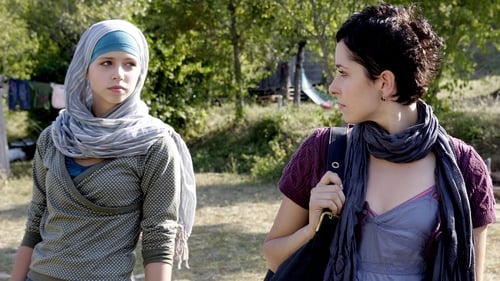
Loving young couple Luna and Amar try their best to overcome unexpected obstacles that threaten their relationship. After Amar's dramatic change in a fundamentalist community, Luna tears herself apart searching if love is truly enough to keep the couple together on the path to a lifetime of happiness...
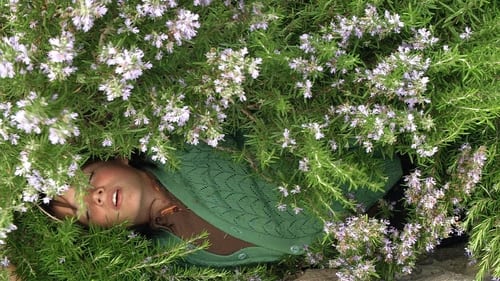
In a small, poor village leaning over high rocky mountains, the villagers are simple and diligent people who struggle to cope with a harsh nature. They earn their living off the earth and a few animals they feed. Fathers always prefer one of their sons. Mothers command their daughters ruthlessly. Ömer, the son of the imam, wishes hopelessly for the death of his father. When he understands that wishful thinking does not have any concrete results, he begins to search for childish ways to kill his father. Yakup is in love with his teacher, and one day after seeing his father spying on the teacher he dreams too, like Ömer, of killing his father. Yıldız studies and tries to manage the household chores imposed by her mother. She learns with irritation about the secrets of the relationship between men and women.

Silent Gunpowder (Serbo-Croatian: Gluvi barut) is a Yugoslavian war film Based on a novel by Branko Ćopić and set during World War II, the film tells the story of a Serbian village in the mountains of Bosnia and its villagers who found themselves divided along two opposing ideological lines, represented by the Chetniks and the Partisans. These two opposing sides are personified in the Partisan commander Španac and a former Royal Army officer Radekić. Španac sees Radekić as the cause of villagers' resistance to the new, Communist, ideology and so the main plot axis is the conflict between them. At the 1990 Pula Film Festival, the film won the Big Golden Arena for Best Film, as well as the awards for Best Actor in a Leading Role (Branislav Lečić), Best Film Score (Goran Bregović). The film was also shown at the 1991 Moscow International Film Festival, where both Branislav Lečić and Mustafa Nadarević won the Silver St. George Award for their performances.
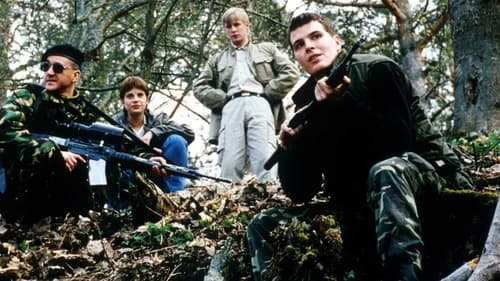
Jacob, a farm boy from Denmark, joins U.N. Brigade's peacekeeping force in Bosnia, where he witnesses refugees trying to escape their war-torn villages. There, Jacob is befriended by Sergeant Holt, a cynical soldier.

In present-day Bosnia and Herzegovina, economically depressed towns turn themselves into tourist destinations in order to survive—deliberately forming their own cultural narratives. Centering on four different locations, The Stone Speakers interrogates a nation’s contradictory memories. Made with subtlety and tactful distance, director Igor Drljaca’s film reveals the traumatic consequences of being a country that is stuck in a postwar identity crisis.


